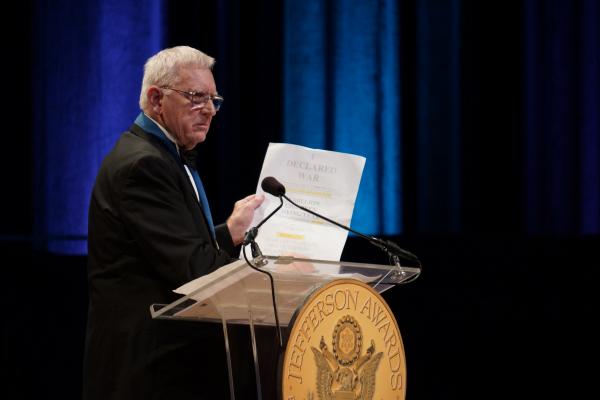Not only has interfaith meal packaging been repeated multiple times in my community, but this weekend I’ve also heard the stories of hundreds of secular and faith-based communities mobilizing together to address issues of world hunger. Representatives of one church-based organization described their collaboration with a local Buddhist community that contributes rice to the packaging efforts. Last month at Kids Against Hunger headquarters, members of a mosque, a church, and a synagogue came together to produce over 8,000 meals — an activity that they hold quarterly with a shared meal and socializing.
These stories of interfaith collaboration are inspiring, but too rare.
My friend Eboo Patel says that “if we don’t find a way to make faith a bridge of cooperation and not a bomb of destruction, then we’re in trouble.”
When meal-packaging projects become collaborations between communities that have historically clashed, stereotyped, judged, or ignored each other, then bridges are being built instead of bombs. And not only do hungry kids need food, but this is a time when our increasingly religiously diverse country needs to learn to build bridges.
Read the Full Article

